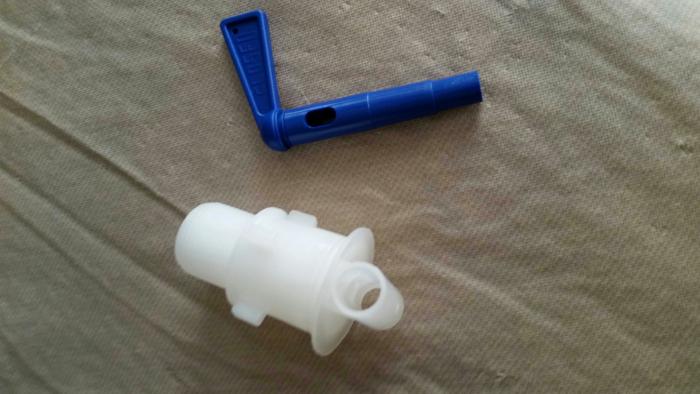Chrisbrewbeers
Well-Known Member
So far I've had 2 brew times go bad on me.... They were both low on hop styles. The interesting thing is that the samples got progressively worse to absolutely the worst and same obnoxious taste ( these two 5 gal batches were the only I wish I just pounded Immediately before .......)
My question is how does every one clean their bottles?
I just soak in PBw and star san before anything that matters touches it.
Is there chance of not apparent scum in the bottle that requires bottle brush or other more extreme measures?
My question is how does every one clean their bottles?
I just soak in PBw and star san before anything that matters touches it.
Is there chance of not apparent scum in the bottle that requires bottle brush or other more extreme measures?


